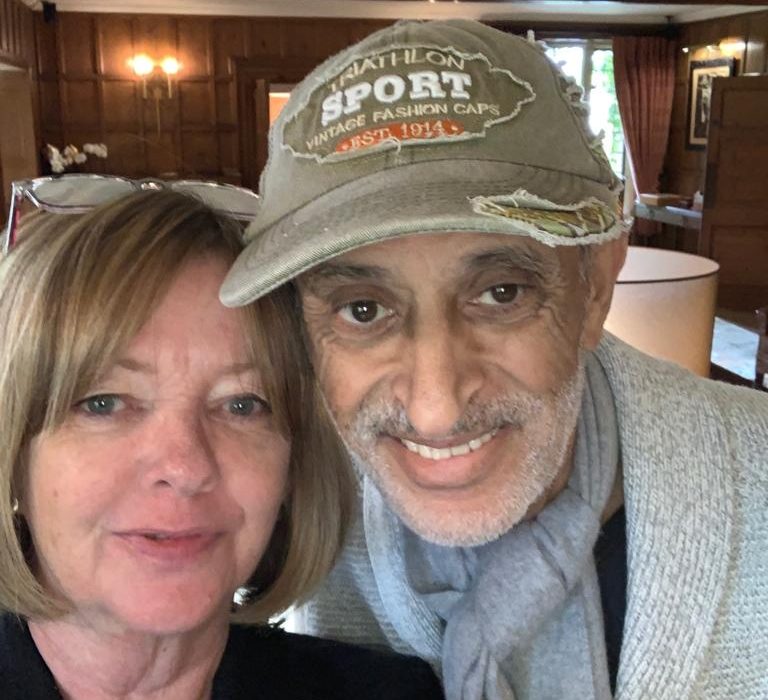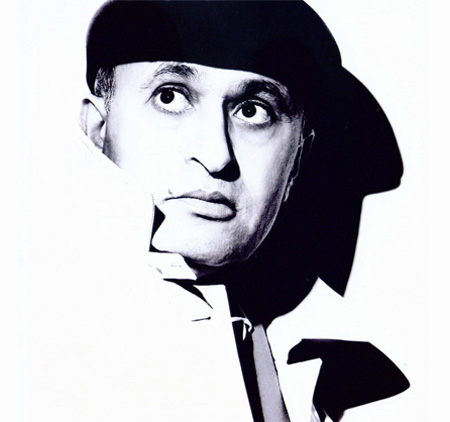
It is almost a year since I was diagnosed with liver cancer (Cholangiocarcinoma, to give it its proper medical name). After an operation to remove the tumour, and with it about 66% of my liver, my family and I were assured that all would be well and the liver, unique amongst our vital organs, was capable of re-generating itself.
Medical science performs miracles these days and many illnesses are corrected medically or surgically, but not all. In the case of cancer in general, there have been tremendous improvements in overcoming cancer, but yet again, not in all cases. A cancer patient who receives seemingly successful treatment is labelled as being ‘in remission’. Funny old expression to use in this context since remission actually means the cancellation of a debt. Debt to whom and why? Nobody voluntarily attempts to borrow cancer; it is an imposed debt which is cancelled later on after much painful and life-disrupting treatment.
However, here is the real kick in the teeth: even though a patient is declared to be in remission, the creditor, whoever he/she/it might be, may re-instate that debt at a later stage, thus adding further psychological torture to the physical one.
In short, once you get cancer, it overtakes the rest of your life in one way or another. It is entirely possible for a cancer patient to die of something completely un-connected such as a heart attack, car accident, murder, etc. however, they will die as cancer patients, in remission or otherwise.
In my particular case, for the last year I have been and will remain a direct or indirect cancer patient until the day I check-out from this mortal world, which could be in a month, year or many years, no one really knows. My health is being managed by a crack multi-disciplinary team of liver experts at Oxford University Hospital in the UK. In spite of that, they can only do one thing for me, pump me full of antibiotics to deal with newly emerging symptoms, thus fulfilling their primary principle of ‘prolonging life
Once I had digested the above reality and came to terms with the fact that cancer will be an un-welcome and constant companion, my thoughts turned to two fundamental questions:
- Have I accomplished everything I hoped for in this life or are there ambitions yet to be achieved?
- What do I do for the next month, year or many years to come that I have left on this earth?
The first question is an introspective one, where the discussion takes place between me and me, to arrive at a satisfactory answer.
The second question is much, much more complex than the first because it is necessarily shared with my wife, children and their partners. Together with a handful of members of the extended family and very close friends, they have invested a great deal of energy, emotions and significant alterations to their otherwise normal lives to help me cope with my illness. Therefore, they are entitled to participate in the shaping of my future.
Back to the above two questions.
Have I accomplished everything I hoped for in this life or are there unachieved ambitions? The answer is irrefutably simple and straightforward: No, I have not done what I hoped or dreamed of doing and yes, there are many unaccomplished ambitions.
While coming to terms with this reality, I felt a little sad and perhaps sorry for myself, but then quickly snapped out of this internal examination. For those of us in the twilight of our lives, if we are brutally honest with ourselves, the predominant majority of us should give the same answer as mine. Modern ‘good parenting’ philosophy encourages parents to motivate their children with words like: You can be anything you want in this life, providing you work hard for it. It is a well-intentioned line but, it is still untrue. In a termite colony of ants or a beehive of honey bees, most members are just workers gathering food and building material with their sole purpose being to protect and sustain their queen at all costs.
As for humanity, the current world population is about 7.7 billion people, almost each and every one of them had or still has dreams to leave a lasting mark on this world. In reality though, most of us are worker ants/bees. Even those in privileged positions do not always accomplish what their opportunities offer them. At any given time, examine world leaders in politics, art, industry and commerce and you will be hard-pressed to name more than 3 individuals. Admittedly, there are more than three highly impactful people on earth but, we may never hear about them, meet them or come to realise their potentially lasting impact on our collective lives. As a guess, considering the various fields of business, religion and politics, how many people do you think can be considered a high-impact type? 1000, 10,000, 100,000 people? Let us be generous and say: 1 million people; which represents a fraction of 1% of the world population.
In summary, the realisation that I have been only a humble worker ant was relatively easy to accept as I was one of the majority of more than 99% of the population. There will only be very few giants such as Leonardo da Vinci, Ludwig Beethoven, Marie Curie, Nelson Mandela, or Mahatma Gandhi. Who knows, they too may have passed away feeling they had plenty more to accomplish.
Now to the second question. What do I do for my remaining days on earth? Note that I have not asked how long do I have left because no one really knows the answer to such a question. In a perverse way, having a serious illness is a blessing in this case as it gives you the opportunity, should you wish to take it, to clean up and prepare so that you leave your close relatives and friends with less of a mess than someone who dies suddenly and unexpectedly.
In September 2014, Claire and I went to Venice to celebrate our wedding anniversary. We had a wonderful week, including attending the opera to see La Traviata at Teatro La Fenice. It was a warm and pleasant evening and most of the theatre goers took the opportunity to take refreshments in the square outside the theatre before being ushered in. It was then that we witnessed a well-dressed gentleman collapse in a heap and die in front of us within minutes.
That was one of the most shocking experiences either of us ever had and it left a lasting impression on both of us. For the rest of our mini break and for months to come, we could not shake that terrible memory off. We discussed the gentlemen endlessly, wondering who he was, what he did for a living, why was he alone that night; on and on the questions and speculations flowed between us. The most sobering thoughts we had were the short, medium and long-term unfinished issues he must have had in his life. From arranged appointments, unconcluded business deals, thoughts and ideas he might have planned to share with his family or business partners, to having the opportunity to say “I love you” to his wife. There were many assumptions by us that he had led a relatively straight forward life otherwise, things would be considerably messier if he had led a complicated life of secrets such as outstanding promises, soured relations with family members of friends, or disputed business deals, yet to be concluded.
In my personal case, Claire and I resolved to work together to prepare for the worst scenario of my medical situation. We are adopting the mantra: Prepare for the worst and hope for the best. We are taking each and every part of our lives and making sure things are either taken care of immediately or, if not possible, prepare Claire to deal with it in an informed manner at the appropriate time. The list of issues we are dealing with is very large and diverse. They range from the legal, financial, domestic, to relations with nuclear family, extended family and close friends.
If the above sounds mechanical and dry, let me assure you we spend considerable part of our daily lives just talking and doing simple things, treating every minute, hour, day as a precious gift to be enjoyed and lived consciously. As far as it is practicable, we try to spend more time with our daughters and their partners, and of course our adored granddaughters, cooking, eating and laughing together. We also share with them many of the issues we are dealing with, which we did not necessarily feel necessary to involve them in before my cancer diagnosis. In short, my illness has brought us closer together than any other possible circumstance.
We are still working through the ‘preparation’ and, unlike our deceased in Venice, I feel so blessed and lucky to have had this opportunity to prepare my loved ones for life after me.



anne_sawalha@hotmail.com
?? Love you Mufid…
The feeling is mutual Anne. I hope you and the family are coping well. Take care, friend.
What Anne said above.. you know that there are many of us who will support Claire & the girls ( and their partners of course) through any dark days to come. Lots of fond memories with more still to come, I am sure. ?
Thank you Caro. I never doubted what you have said above. You and Pedro have always been positive constants in our lives; long may it continue.
Dearest Mufid
You are an amazing man and the most steadfast of friends. I am in total awe of you and love you very much. I don’t need to say more because you know ❤️
You and I go back a long way, Lottie. You were the first Hiscott I ever met and our friendship gets stronger by the day. I love you back and thank you for your continued support